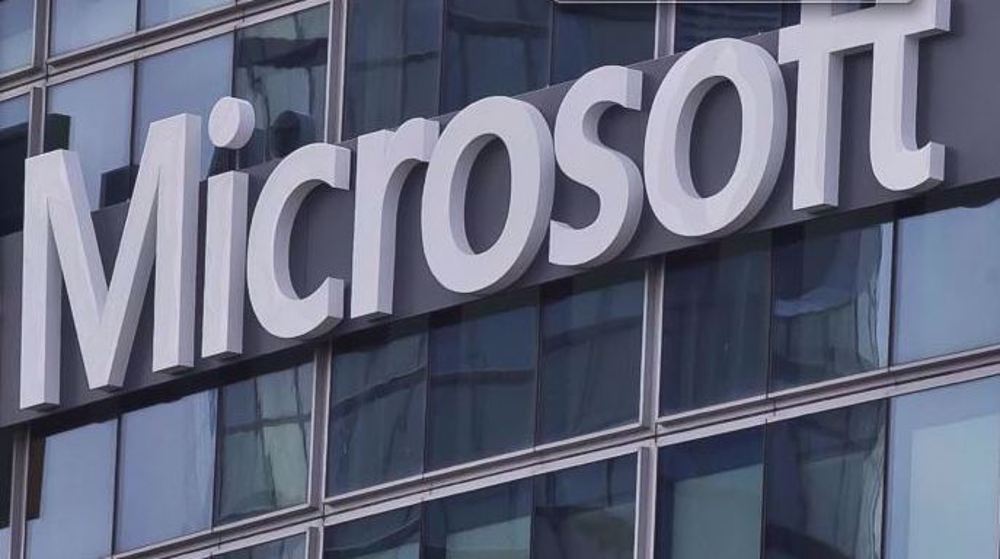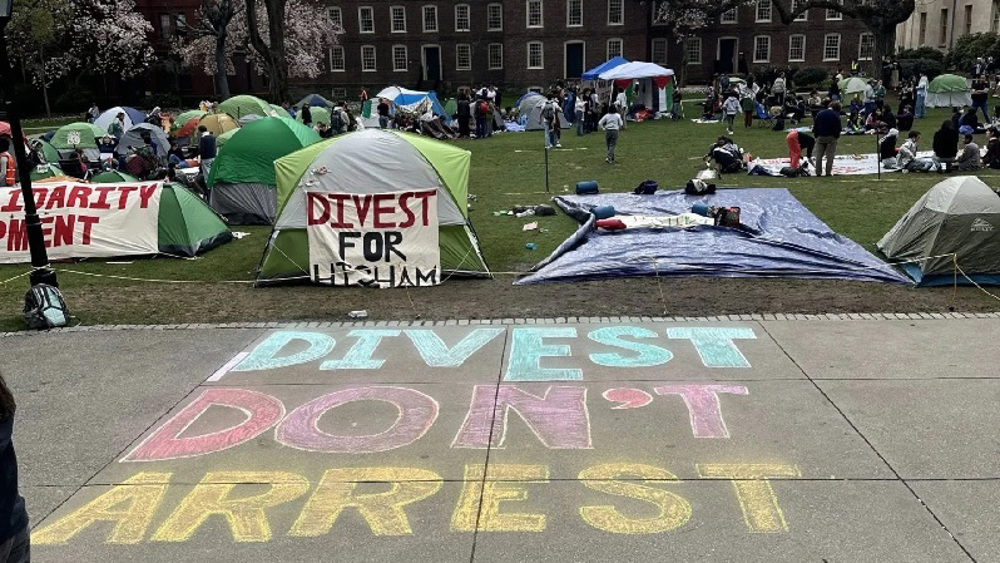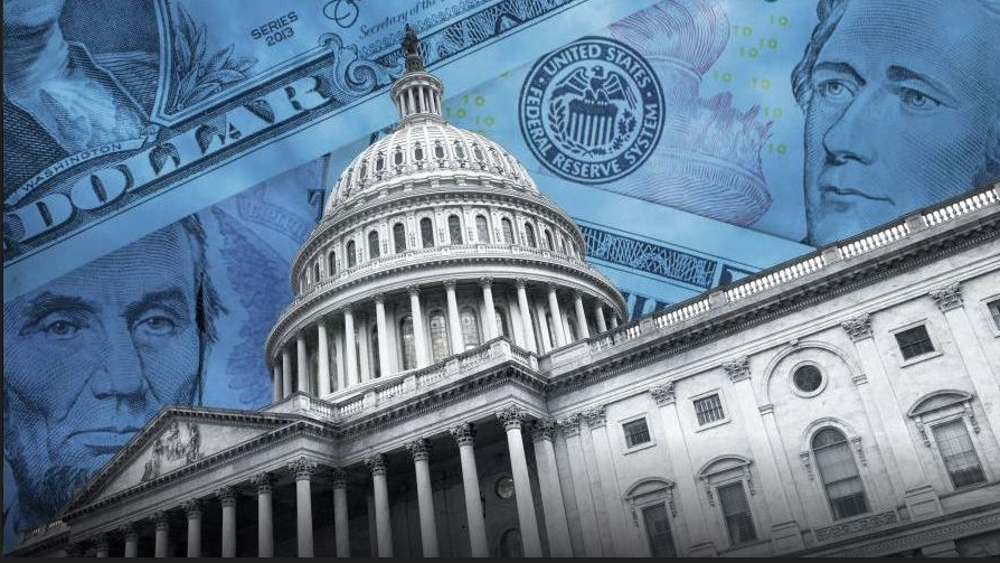Increasing US ‘Big Tech’ censorship angers globe
Ramin Mazaheri
Press TV, Chicago
From Main Street to the heads of state of US allies like Germany and Mexico, massive condemnation has erupted towards Silicon Valley.
So-called “Big Tech” companies based in the United States - such as Twitter, Facebook, Google, Amazon and Apple - are accused of waging an ever-increasing wave of political censorship which shows no sign of ceasing, and which worryingly shows no sign of being able to be reined in.
Despite receiving nearly 75 million votes, Twitter and Facebook recently banned US President Donald Trump permanently. Right-leaning social media site Parler has essentially ceased to exist after a combined attack from the Big Tech monopolies. Last week, Facebook temporarily took down PressTV’s page, which has four million followers, while Twitter censored the page of Leader of the Islamic Revolution Ayatollah Seyyed Ali Khamenei.
The seemingly partisan nature of the domestic censorship has many Democrats supporting the moves, while Republicans often contend that the influence of Big Tech cost Trump the election. What’s certain is that Big Tech has made a polarised American society even more divided.
The push for censorship appeared to begin when Democratic party elites began pinning the blame on social media for the unexpected loss of Hillary Clinton in the 2016 presidential election. However, others put the actual start at the US-led wars in Afghanistan and Iraq, because that’s when the American public began to be forced to accept a rollback of their human and individual rights.
Supporters of Silicon Valley say they aren’t part of the press and that - as private companies - they can legally ban whomever they want. It’s an explanation which isn’t likely to end the mounting criticism of their increasingly partisan role in politics in the US and around the world.
Latest ballots polls show Harris, Trump tied as voting continues
UNRWA warns of humanitarian collapse in Gaza
'Hello my enemies': Lebanese journalist on Israeli threats and his resolve to continue
Outrage in France as MP proposes bill to ban criticism of Israel
VIDEO | The strategy of Hezbollah in war
Israeli military withdraws several brigades from southern Lebanon: Report
48-year-old Palestinian man serving 48 life terms completes 22 years in Israeli jails
From MKO to Tondar, how Germany became safe haven for anti-Iran terror groups









 This makes it easy to access the Press TV website
This makes it easy to access the Press TV website